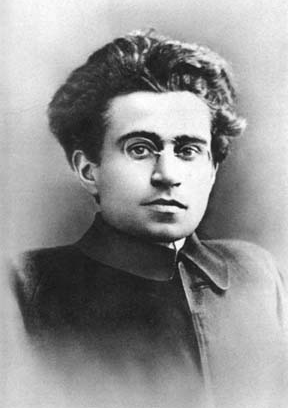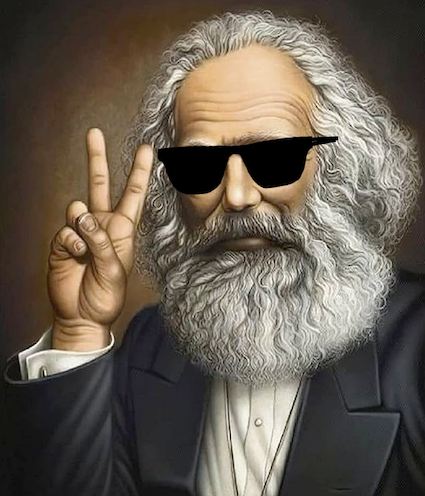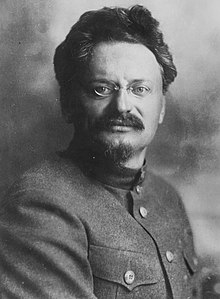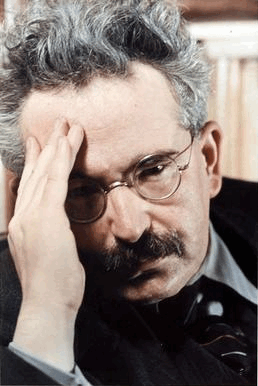



解説:池田光穂
哲学者は宴の後で(post festum)でやってくる ——カール・マルクス
「1840年代の若いへーゲル学徒たちをヘーゲル自 身から分つものは、歴史は〈創られる〉という確信であった。それは過去におけるように盲目にではなく、完全な意識においてである。——なぜなら、人は意識 していなくとも、つねに自分自身の歴史をある意味では〈創っている〉からである。マルクスは、この時期にこの問題でヘーゲルと縁を切った唯一の革命的人間 ではなかったが、彼(→ルカーチ、引用者)がなしとげたこの決裂は、世界史的な意味を 帯びている。なぜなら、それは、世界を変革するという目的をもつ理論を実践とかみ合せたからである。マルクスの思想は、彼の後継者たちによって稀薄にされ てしまい、1914年のヨーロッパ社会主義の進化論的見解のなかには殆ど認められないのであるが、この次元でのマルクスの思想を回復することによって、ル カーチは、1845年にすでに〈フォイエルバッハ・テーゼ〉とし て述べられている命題の論理に従っている」(リヒトハイム 1973:36)。
■Hegel had synthesized Vico's approach with the creed of the Enlightenment, but while he abandoned the belief in a cyclical motion, he retained the conviction that Spirit comes to self-consciousness in philosophy only after an epoch has reached its term : Minerva's owl flies out at dusk, as he put it in the preface to his Philosophy of Right; or, to cite Marx's rather less flattering characterization of Hegel's procedure, "The philosopher comes post festum." What distinguished the Young Hegelians of the 1840s from Hegel was the conviction that history could be made: not blindly, as in the past-for of course men had in a certain sense always "made" their own history, though they had not been aware of it-but with full consciousness. Marx was not the only radical of his time who broke with Hegel on this issue, but the rupture he effected assumed world-historical significance because it meshed with the theory and practice of a movement that aimed to transform the world. In recovering this dimension of Marx's thought, which had been diluted by his followers and was barely recognizable in the evolutionist outlook of European socialism in 1914, Lukacs followed the logic of an argument already set out in the 1845 Theses on Feuerbach. - Lichtheim 1970:22-23.
リンク
文献
- この引用の文献は、リヒトハイム、ジョージ『ルカーチ』古賀信夫訳、新潮社、1973年(George Lichtheim, 1970. George Lukacs. New York : Viking Press.)
その他の情報
